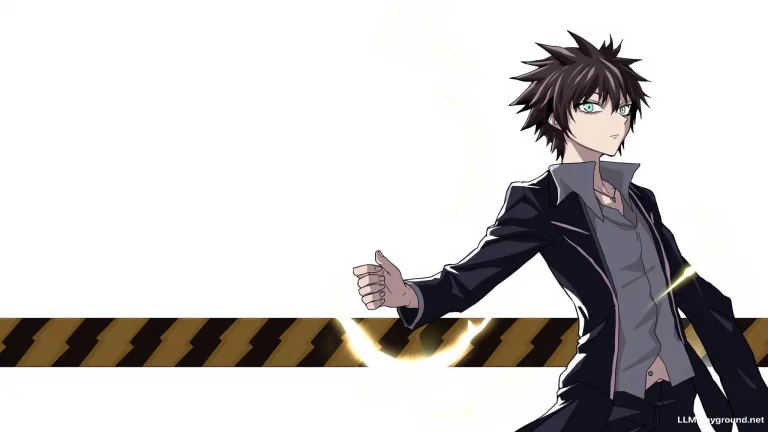
Introduction
When it comes to iconic rivalries in anime, few can compare to the intense clash between Light Yagami and L in the groundbreaking series 'Death Note.' This psychological thriller captivates audiences not just with its intricate plot but also with the fascinating dynamics between its two main characters. Light, a high school genius, discovers a mysterious notebook that grants him the power to kill with just a name and a face. With ambitions of creating a utopia without crime, he adopts the persona of 'Kira.' On the other hand, we have L, the enigmatic and brilliant detective, dedicated to stopping Kira at all costs. Their battle of wits is not just a chase between cat and mouse; it embodies a deeper philosophical war over morality, justice, and the value of human life. We’ll break down the strategies and mind games that define their rivalry, taking you through plot twists and character arcs that keep fans glued to their screens. Whether you’re a longtime fan or just stepping into the world of Death Note, this exploration will shed light on what makes this rivalry one of the finest in the history of anime. So, get ready to delve into the mind of Light Yagami and L as we dissect their ultimate showdown and what it means for the series' overarching themes.
The Battle of Wits: Light vs. L
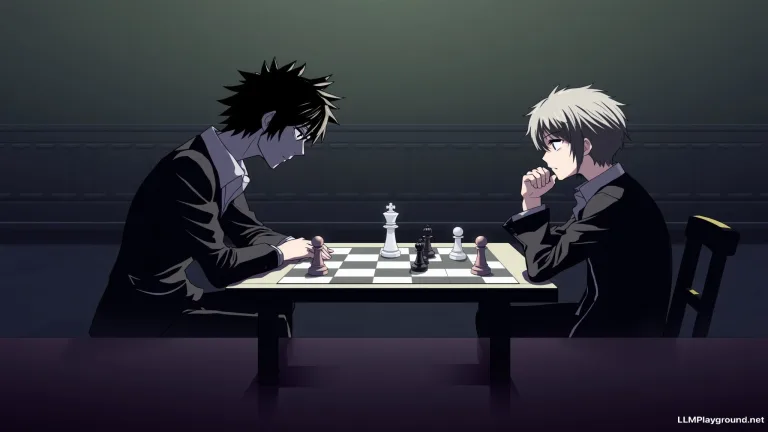
The battle of wits between Light Yagami and L is one of the most captivating aspects of the anime and manga series 'Death Note.' From their very first encounter, it became clear that these two brilliant minds were destined to clash. Light, armed with the deadly Death Note, believes he can create a utopia free of crime, while L, the enigmatic genius detective, is determined to unveil the mysterious killer known as Kira. Their rivalry is not just a battle to outsmart each other; it embodies the classic struggle between justice and morality, virtue and villainy. Fans are drawn to the psychological tension and mind games that unfold, making each revelation and strategy shift all the more thrilling.
Their confrontations are filled with twists and turns, showcasing their intellectual prowess and strategic thinking. Light's calculated moves are countered by L's unconventional methods, creating a chess-like dynamic that keeps the audience on edge. With each episode, viewers witness the lengths to which both characters will go to protect their ideologies, leading to moments of tension that challenge their very beliefs. As we delve deeper into their rivalry, we not only explore their motivations but also the philosophical questions raised by their actions. Who is the true hero in this story? And at what cost does one seek justice? It's questions like these that elevate ‘Death Note’ beyond a simple cat-and-mouse chase and into the realm of deep moral inquiry.
Mind Games and Strategies
The rivalry between Light Yagami and L is a fascinating blend of intellect, manipulation, and psychological warfare. Each character employs their unique set of strategies to outsmart the other, making their encounters a thrilling spectacle of mind games. Light, with his god complex, believes he is on a righteous path to rid the world of evil. His strategic manipulation of information often puts him one step ahead of L, allowing him to conceal his identity as Kira. On the other hand, L’s keen observational skills and unorthodox methods give him an edge in predicting Light's moves. He utilizes every incident and clue to unravel the mystery surrounding Kira, leading to mind-boggling confrontations that leave viewers on the edge of their seats.
The psychological tension between the two characters solidifies their rivalry as not just a battle of wits, but also a duel of ideologies. As Light becomes increasingly confident, he underestimates L's relentless determination to capture him. L, in turn, finds himself both intrigued and frustrated by Light's relentless quest for power. This push and pull dynamic creates an intricate dance of deception, where every decision could mean victory or defeat. Analyzing their mind games reveals deeper themes of morality, justice, and the consequences of absolute power, enriching the narrative of Death Note. The strategic layers they build upon each encounter contribute to one of the greatest rivalries in anime history.
The Psychology of a Killer
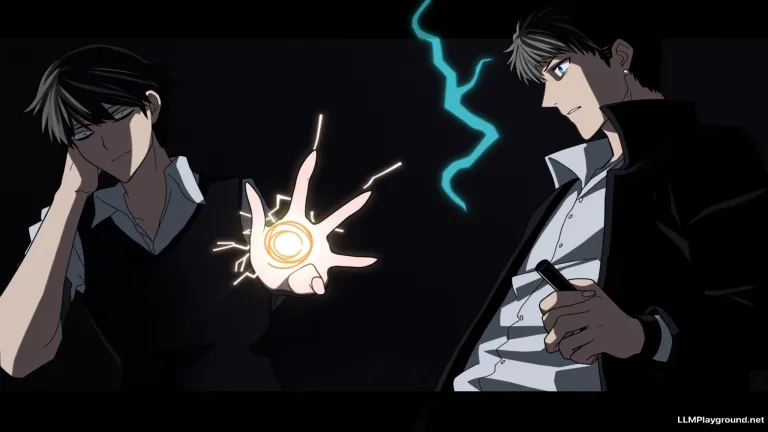
Light Yagami, the brilliant mind behind the Death Note saga, represents a complex study in the psychology of a killer. Initially introduced as the archetypal high achiever and a model student, Light's character swiftly evolves into a manipulative genius who operates under a delusional moral code. His decision to use the Death Note to eradicate crime stems from a thirst for power and a desire to mold the world to his vision. This transformation raises intriguing questions about morality and the nature of justice, making Light a captivating character study for psychology enthusiasts and casual viewers alike.
On the flip side, we have L, the renowned detective who stands as Light's ultimate rival. L operates from a place of logic and reason, unmasking the moral ambiguity of Light's actions. His unique perspective of justice challenges Light's worldview, creating a cat-and-mouse game that captivates audiences. L’s ability to remain detached and analytical, even while facing a formidable opponent, highlights the psychological complexities of both characters. The battle between intellect and morals examines the thin line separating justice from vengeance, serving as a reminder that the mind of a killer is as intricate as the battles they wage. Together, Light and L create a psychological thriller that forces viewers to ponder deeper questions about ethics, identity, and what it truly means to play God.
The Chase: Cat and Mouse

In the thrilling narrative of Death Note, the rivalry between Light Yagami and L embodies a high-stakes game of cat and mouse that keeps viewers on the edge of their seats. Light, a brilliant high school student, acquires the Death Note, a mysterious notebook that allows him to kill anyone whose name he writes in it. Determined to create a utopia free of crime, he renames himself Kira and begins his quest for justice. However, L, the enigmatic and unparalleled detective, steps in to unravel the identity of Kira. Each encounter between these two geniuses is fraught with tension, strategy, and psychological warfare, highlighting their vastly different moral compasses and ideologies. From their mind-bending chess matches to their cunning mind games, the chase is not just about catching a killer, but it becomes a philosophical battle of justice versus morality.
As Light and L circle each other, employing elaborate tactics to outsmart one another, we witness the psychological strain that such a deadly rivalry inflicts. Their interactions are sometimes direct, other times indirect, with each character trying to gain the upper hand while grappling with the consequences of their actions. This complex relationship evolves from mere antagonism to a deeper, almost begrudging respect, making the chase all the more captivating. While Kira believes he is exuding justice, L remains steadfast in the pursuit of truth, creating an electrical dynamic that captivates audiences worldwide. The cat-and-mouse chase between Light and L showcases not just an epic battle of wits but also raises profound questions about morality, identity, and the lengths one will go to in the name of justice.
Symbols of Their Rivalry
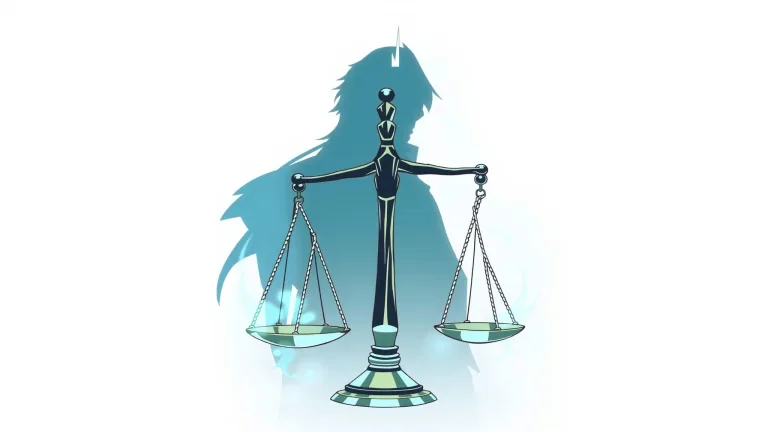
The rivalry between Light Yagami and L is not just a battle of intellects; it's a clash of ideologies that is deeply symbolized through their actions and the very tools they use. For Light, the Death Note becomes a symbol of power and absolute control, allowing him to enact a twisted version of justice. He believes that he is creating a utopia free of crime, embodying the persona of 'Kira' as a god-like figure. On the other hand, L stands as the embodiment of justice, relying on traditional methods of investigation and moral codes to track down Kira. The contrast between Light’s ruthless manipulation and L’s unwavering reliance on logic showcases not just their personal rivalry but the broader theme of morality in the series.
Another important symbol in their rivalry is the chess-like game that unfolds throughout the series. Each encounter between Light and L is akin to a strategic match where each move is calculated and laden with consequences. Light's deceptive nature is matched by L's ability to outsmart his opponent, creating a high-stakes environment that keeps viewers on edge. This tension is heightened by their ideological clashes; Light’s ambition for a new world order versus L’s dedication to protecting humanity’s existing framework. Their rivalry is not only about outsmarting each other but also represents the eternal struggle between good and evil, leaving viewers questioning: who is the true hero of this story?
Allies and Enemies
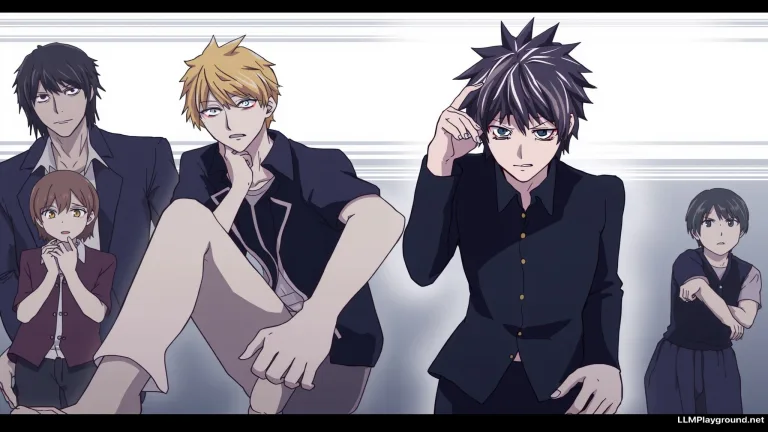
In the world of Death Note, the lines between allies and enemies blur dramatically, especially when it comes to the intense rivalry between Light Yagami and L. From the very beginning, Light adopts a dual persona: a determined high school student by day and the ruthless vigilante Kira by night. This creates an intricate web of alliances and betrayals. While Light sees himself as the savior of humanity, his vision puts him at odds with L, who represents justice and the law. The psychological cat-and-mouse game they play illustrates how quickly friends can become foes, depending on their motivations and ideals.
Moreover, the supporting characters also add layers to this complex relationship. For instance, characters like Misa Amane and Near take on crucial roles that either aid or obstruct Light and L's plans. Misa, in particular, is both an ally and a pawn for Light, while Near emerges as a formidable challenger when the game intensifies. This constant fluctuation in loyalties not only heightens the stakes but also emphasizes the theme of trust and betrayal, making the viewers question who can truly be relied upon. Ultimately, the blend of allies and enemies enriches the rivalry between Light and L, presenting a captivating narrative filled with suspense and intrigue.
The Ultimate Showdown
The rivalry between Light Yagami and L is nothing short of legendary. This ultimate showdown is what makes 'Death Note' such an exhilarating anime and manga. On one side, we have Light, a high school student turned vigilante known for his ruthless intelligence and god complex. On the other, L is the enigmatic detective, renowned for his eccentric behavior and unmatched deductive skills. As the two engage in a deadly game of cat and mouse, the tension escalates, keeping viewers on the edge of their seats. It's not just a battle of wits; it's a clash of ideologies—justice vs. tyranny, morality vs. power.
Throughout the series, their encounters become increasingly intense, showcasing their respective strengths and weaknesses. Light relies on his manipulative tactics and the deadly power of the Death Note, while L uses his analytical approach, keen intuition, and unorthodox methods to uncover the truth. As the stakes rise, their psychological warfare grows more complex, revealing deeper layers to their characters. The ultimate showdown is more than just a confrontation; it's a philosophical debate on what it truly means to wield power responsibly. Fans are left captivated, asking themselves who will emerge victorious in this elaborate chess game, where each move could be deadly. From unpredictable plot twists to jaw-dropping revelations, the showdown keeps us hooked until the very end.
The Philosophy Behind Right and Wrong
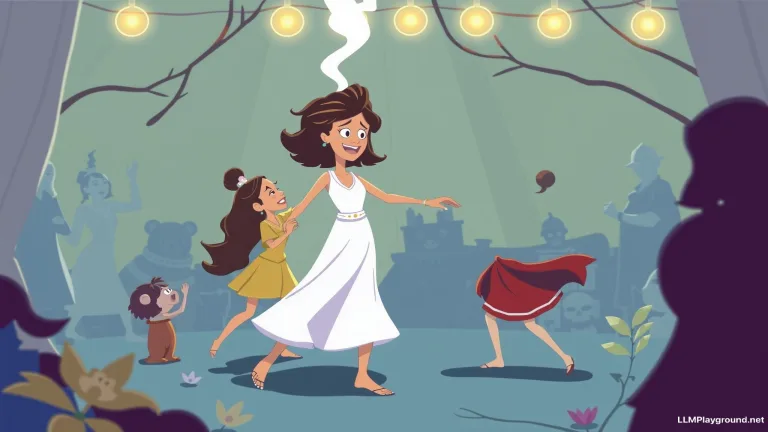
At the core of the rivalry between Light Yagami and L in Death Note lies a profound exploration of morality and justice. Light perceives himself as a god-like figure, intending to purge the world of criminals using the Death Note. His philosophy is rooted in a utilitarian perspective; he believes that the ends justify the means. By eliminating those he deems unworthy, he envisions a utopia, free from crime and suffering. However, this radical viewpoint leads to complex ethical dilemmas, raising the question: does the power to decide who lives or dies truly sanctify one’s intentions?
On the other hand, L represents the law and the moral compass that challenges Light's anarchic principles. As an esteemed detective, L emphasizes the importance of justice through established societal norms. His approach to crime-solving is methodical, relying on logic and evidence rather than the subjective moral compass that Light employs. This clash of ideologies not only fuels their intense intellectual game of cat and mouse but also encapsulates a larger discourse on the absolute vs. relative nature of justice. Ultimately, their rivalry is not just a battle of wits, but a philosophical showdown between opposing visions of right and wrong.
Betrayal and Trust
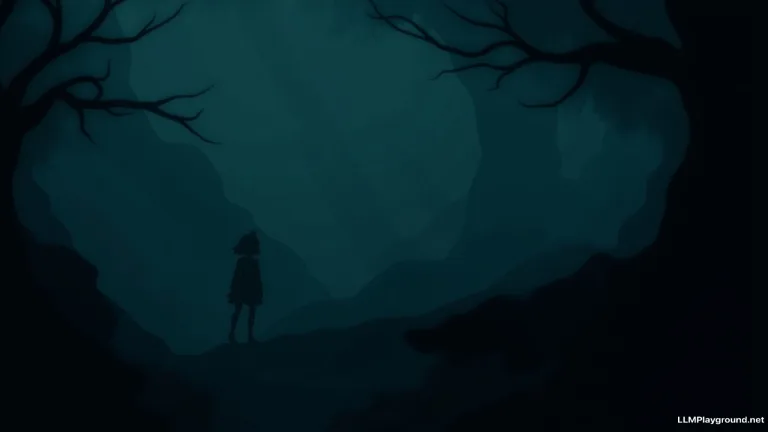
In the high-stakes world of "Death Note," where every decision can lead to life or death, the themes of betrayal and trust play pivotal roles in the rivalry between Light Yagami and L. Light begins as a seemingly noble character, using the Death Note to rid the world of crime. However, as his god-like complex develops, so does his willingness to betray those around him. His manipulation of allies, such as Misa Amane and even his own father, reveals the extent to which he will go to secure his victory against L. This moral decline adds layers to his character, sparking debates about justice versus insanity among fans.
On the other side, L embodies the antithesis of Light’s approach. His unyielding trust in the legal system and skepticism towards Light showcases his strategic brilliance. L seeks to expose Light's true identity, while also grappling with the moral implications of his actions. This constant game of cat and mouse not only highlights their intelligence but also deepens the audience's investment. The stark contrasts between betrayal and trust in their relationship elevate the tension, making every encounter feel electric. As their motives clash, we are left questioning the morality of both characters, creating a rich narrative of deception that keeps viewers on the edge of their seats.
Legacy of Two Legends
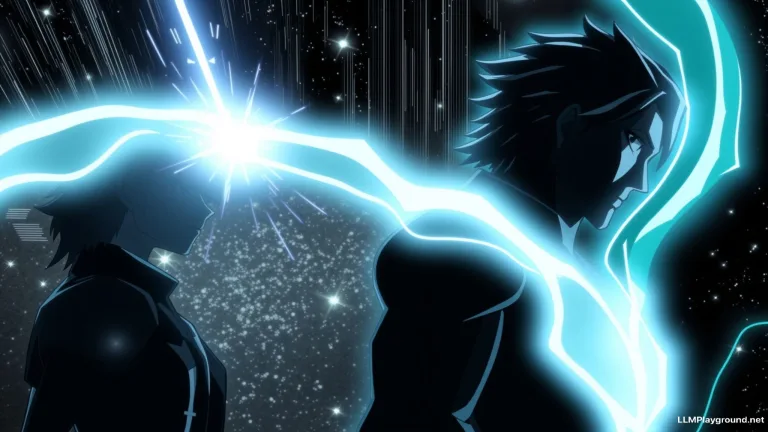
The rivalry between Light Yagami and L is not just a captivating storyline; it represents a clash of ideologies that has left an indelible mark on anime and pop culture. Light, a brilliant student with a god complex, believes in creating a utopia free of crime through the power of the Death Note. On the other hand, L, the enigmatic detective, embodies justice and morality, standing firm against Light’s twisted ambitions. Their confrontation symbolizes the eternal battle between good and evil, where both characters are equally intelligent yet flawed, making them relatable and unforgettable.
As their rivalry intensifies, viewers are drawn into a psychological chess game filled with suspense and moral dilemmas. Each encounter not only showcases their intellectual prowess but also forces audiences to question what justice truly means. Light's cunning strategies and L's deductive reasoning make for unforgettable moments that have influenced countless stories in the genre. Their legacies extend beyond the confines of the series, inspiring discussions about ethics, power, and the human condition. Whether you root for Light’s vision of a new world or L’s unwavering commitment to justice, there's no denying the profound impact these two characters have had on fans globally.
Conclusion
The rivalry between Light Yagami and L serves as the emotional and intellectual core of 'Death Note.' It's not just a contest of intelligence but a profound exploration of justice, morality, and human flaws. As Light's descent into darkness progresses, and L's relentless pursuit of justice becomes even more obsessive, the stakes continually escalate. Their interactions are laced with tension, and every encounter is packed with suspense that leaves fans on the edge of their seats. Ultimately, this ultimate duel raises essential questions: Can true justice be served when the lines between good and evil are so blurred? Is the power to judge others a blessing or a curse? There’s a reason why this rivalry resonates with viewers long after the last episode airs; it isn’t just about winning or losing. It’s a commentary on the human condition and our most profound struggles with morality. As you reflect on their epic confrontation, consider how the choices of both characters echo our own ethical dilemmas in society today. The rivalry isn’t merely a fictional battle but a lasting conversation about who we are and who we aspire to be.
Frequently Asked Questions (FAQs)
Q: What is the main conflict between Light Yagami and L?
A: The main conflict revolves around Light's quest for a perfect world through the death of criminals, while L seeks to capture Kira and uphold justice.
Q: How do Light and L's philosophies differ?
A: Light believes in a self-imposed morality where he has the right to judge others, while L represents justice nuanced by laws and ethics.
Q: What strategies do Light and L use against each other?
A: Light employs cunning deceit and manipulation, whereas L relies on meticulous investigation and deduction to stay one step ahead.
Q: What themes does their rivalry explore?
A: Their rivalry delves into themes of morality, justice vs. vengeance, the value of human life, and the consequences of absolute power.
Q: Why is this rivalry considered one of the best in anime?
A: It combines intense psychological warfare with deep philosophical questions, creating a riveting narrative that keeps audiences invested.
